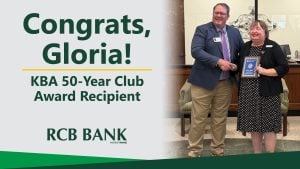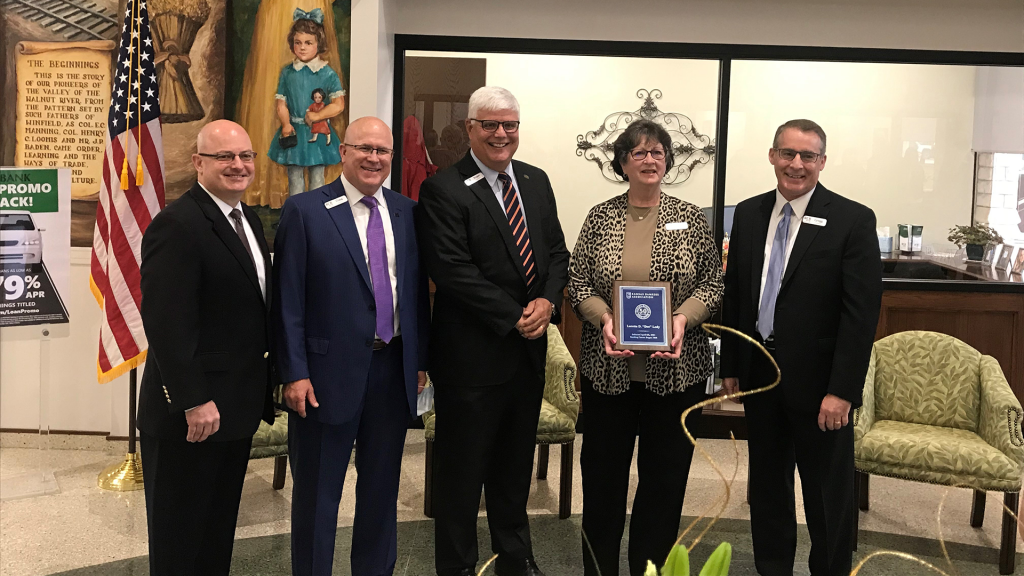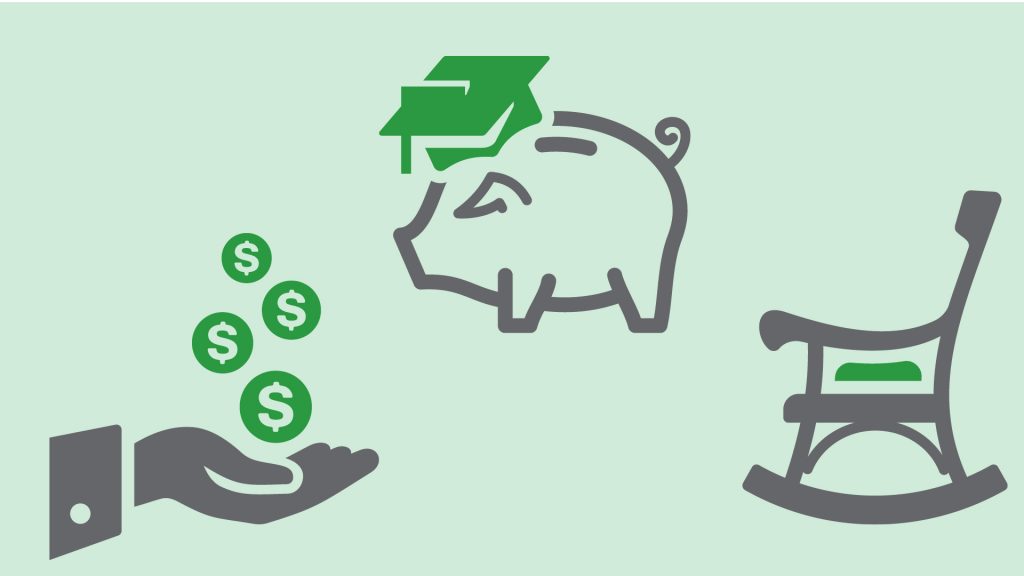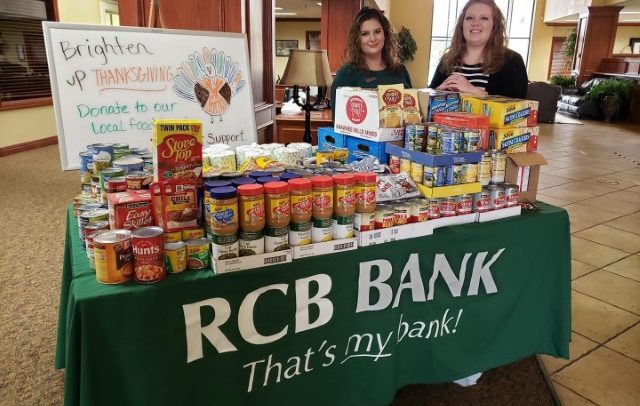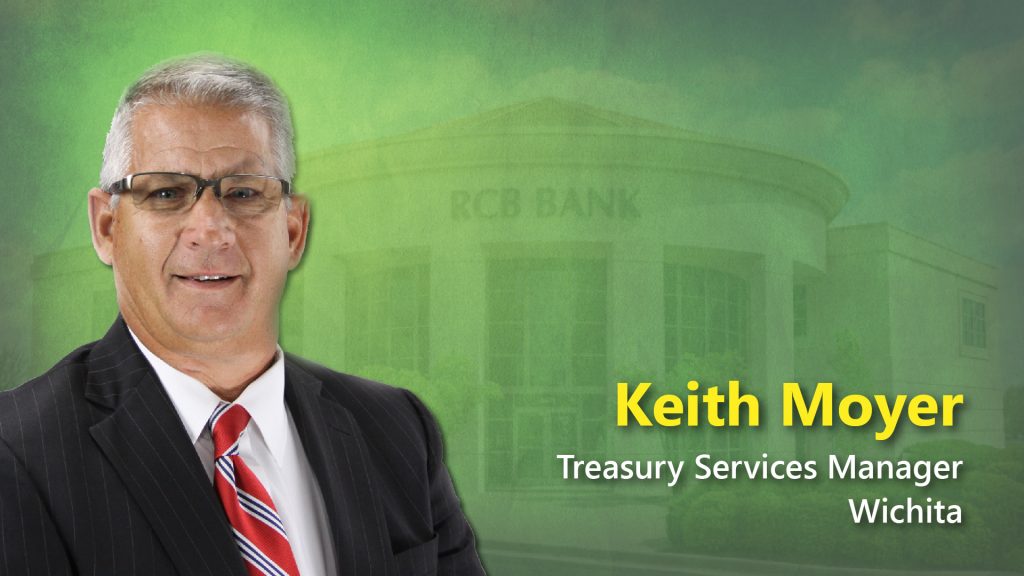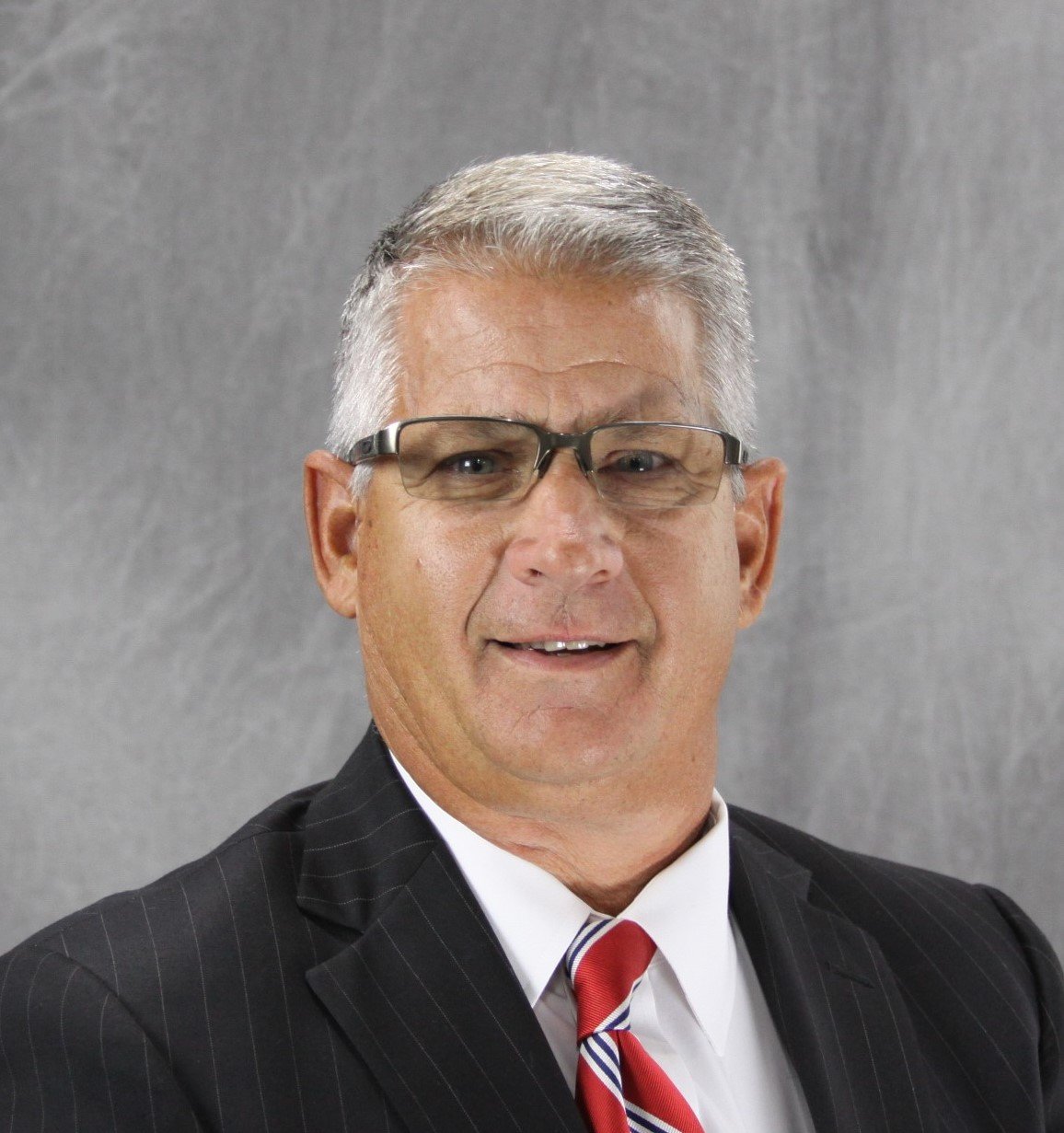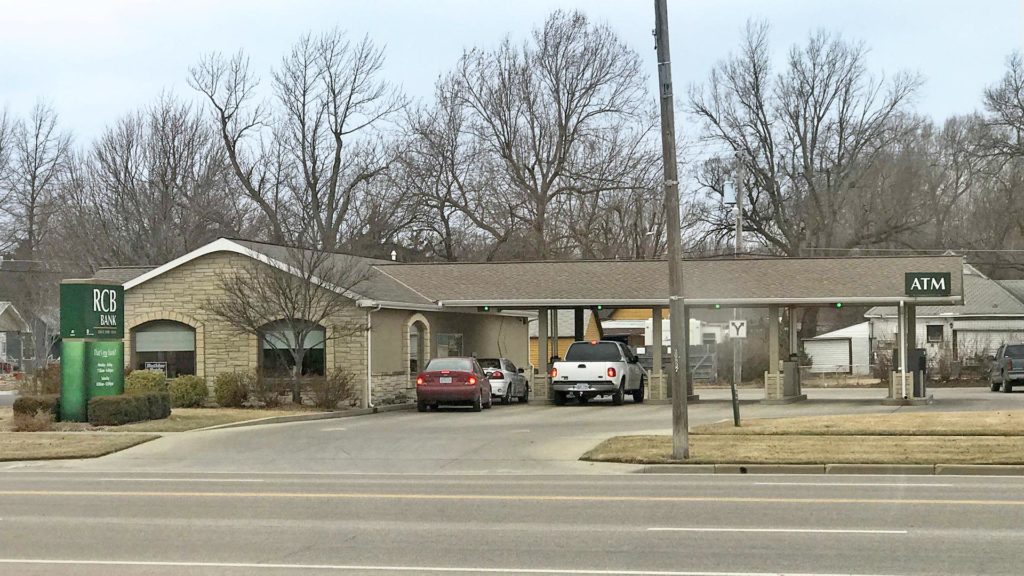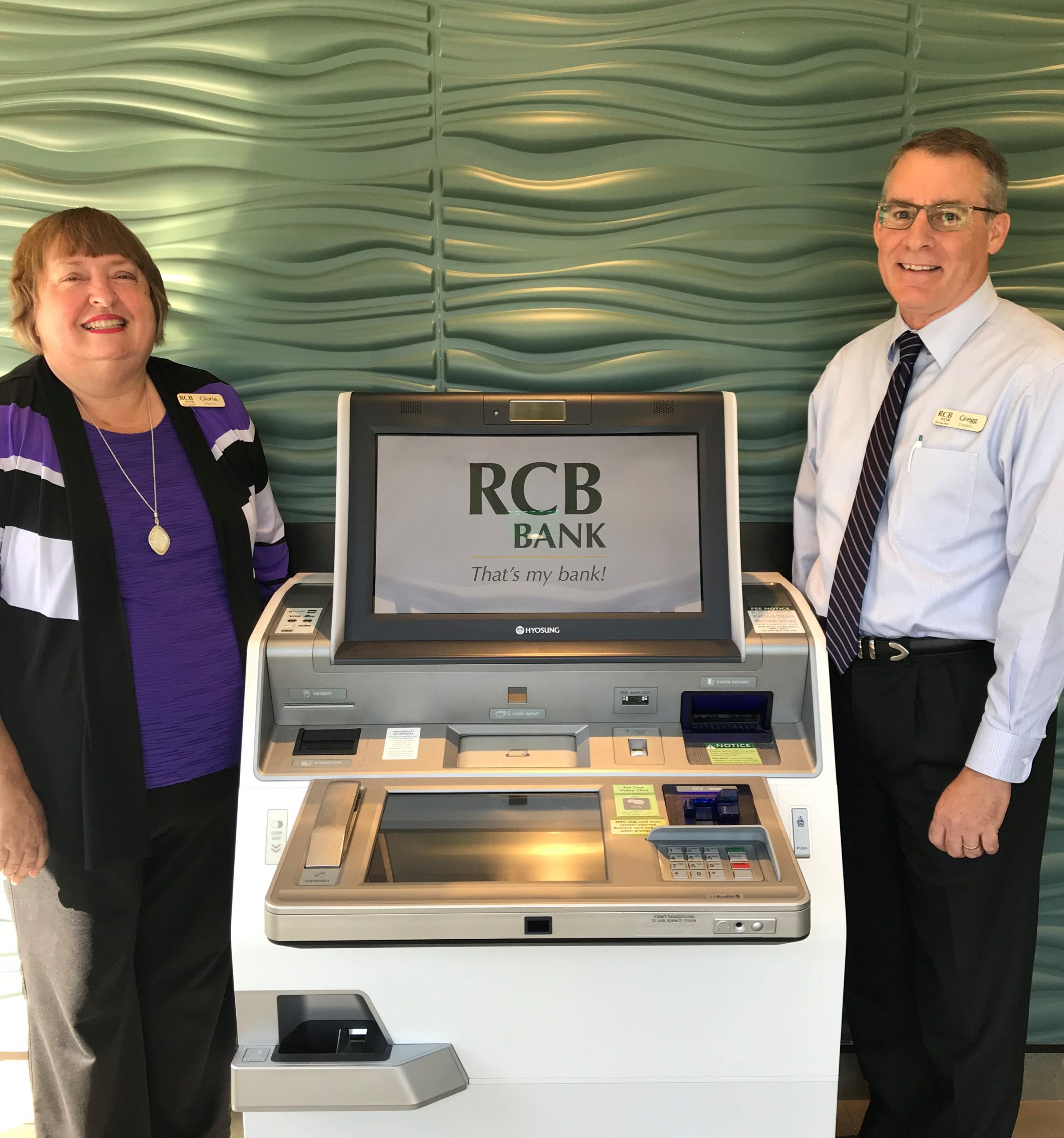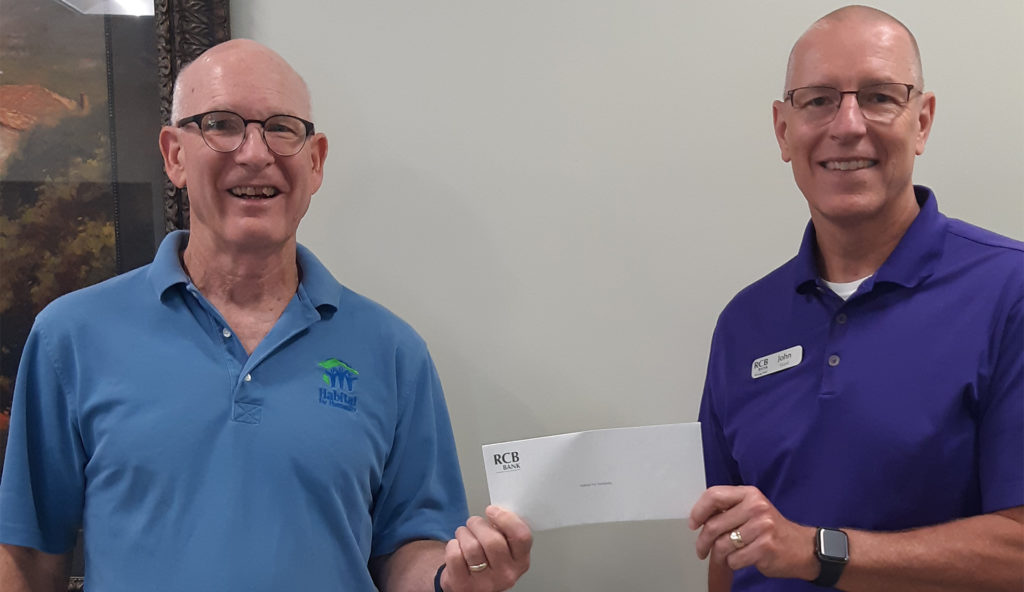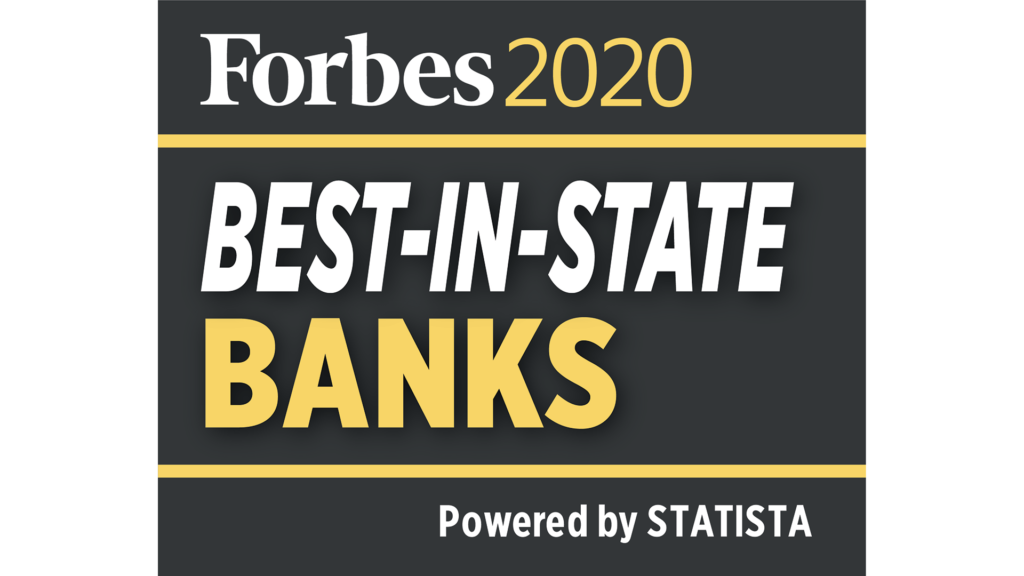
Mortgage Refinancing Basics
What is refinancing?
A mortgage refinance is when you replace your current mortgage with a new mortgage. There are many reasons why homeowners may want or need to refinance:
- To shorten the terms of their current mortgage.
- To get a lower interest rate than their current mortgage.
- To use the equity of the home to finance a large purchase, pay for an emergency or consolidate debt.
- To convert your loan from an adjustable interest rate to a fixed interest rate.
- To get the PMI (primary mortgage insurance) requirement removed. Many FHA loans require mortgage insurance for the life of the loan. A conventional loan will generally not require mortgage insurance if you have paid your loan balance down to 78% or less of the appraised value.
When to Refinance
In order to know if refinancing is a good option for you, you need to understand your long-term goals and your current financial situation. If you are refinancing to take advantage of lower interest rates, there are mortgage calculators that give you an estimate of how much it will cost to refinance and how much you can save over the life of the loan.
You also want to consider the break-even point, or how long it takes to earn back the money you spent to refinance. For instance, if it will take seven years to earn back the money you spent to refinance and you plan on moving in three years, it is probably a bad idea to refinance your loan.
Your personal finances can also determine if it is a good idea to refinance. If you need lower monthly payments because money is tight, refinancing might be a good option to relieve the monthly stress of the payment.
How to Refinance Your Home
In order to refinance your home, you will need to get approved for a loan the same way you did for the original financing. The first thing to do is have your documentation ready. This can include pay stubs, bank statements, a credit check, tax documentation and anything else your lender requests. It is also important to know that a strong credit score will have a positive impact on your refinancing terms. You may want to wait a few months to improve your credit score before starting the process.
Once your documentation is in order and your credit score is in a good place, you should then apply for a refinance with several different lenders. Apply at three or four places and do so in a short-time period so it reduces the impact on your credit score.
After you receive the loan estimate from different lenders, compare those documents and determine how much you will likely pay in closing costs. Closely compare the lenders’ fees, which could include the Origination Fee, Discounts Fee, Underwriting, Processing and Tax service Fee. Some third party fees, such as appraisers and title company fees, will likely be the same no matter what lender you choose. Choose the lender that works best for you and try to get your rate locked in as soon as possible. Then you will work with your lender to close on the loan in the exact same way you closed on your mortgage the first time.
No matter what you decide, do your research and ensure it makes financial sense to refinance before beginning the process. Lenders at RCB Bank are happy to help answer questions even if you are not a customer. Give us a call or visit our online Mortgage Center.
Opinions expressed above are the personal opinions of RCB Bank personnel and meant for generic illustration purposes only. For specific questions regarding your personal lending needs, please call RCB Bank at 855-BANK-RCB. With approved credit. Some restrictions apply. RCB Bank is an Equal Housing Lender and member FDIC. RCB Bank NMLS #798151.
